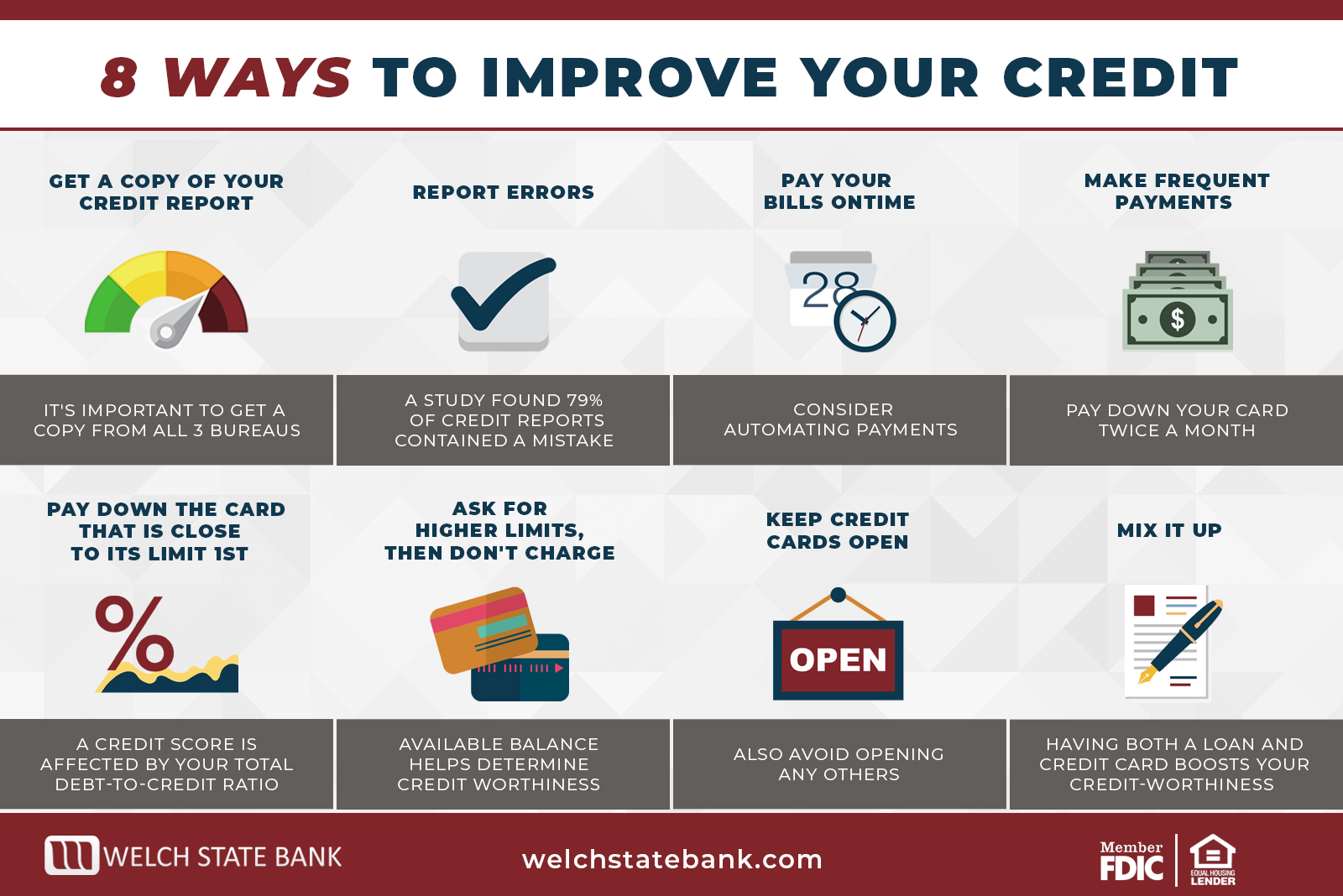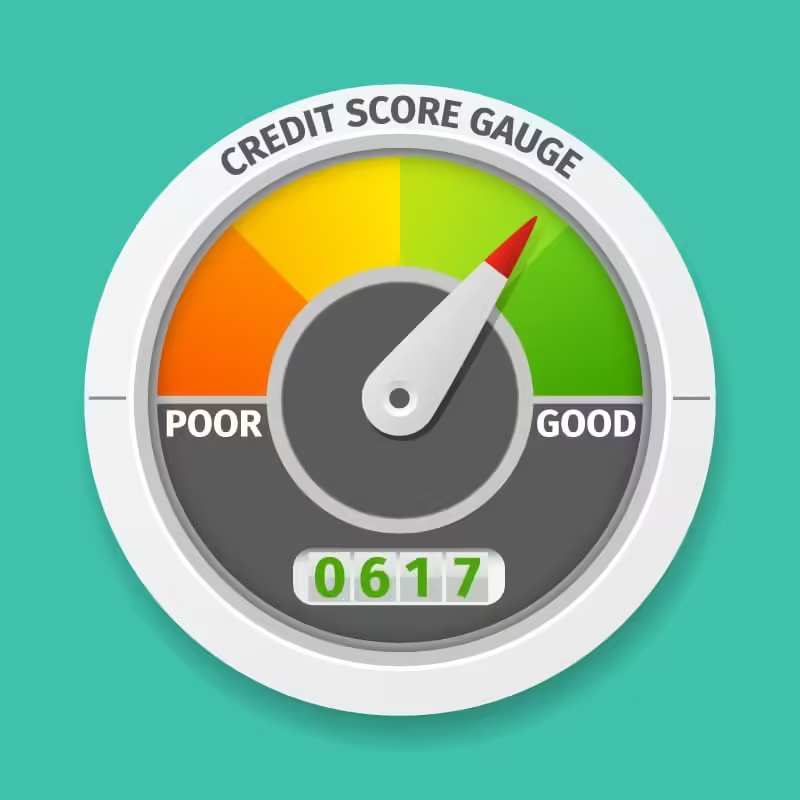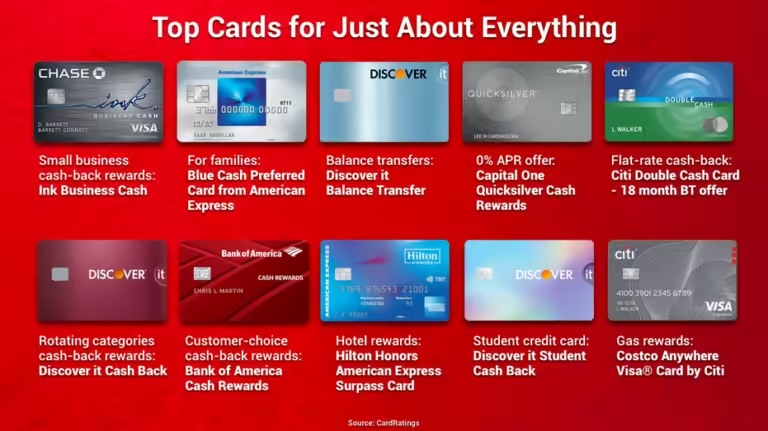Improve Your Credit Score: Proven Tips for Quick Success
Improving your credit score can open many financial doors. It’s essential for loans, mortgages, and even some jobs.
A good credit score reflects your financial health and responsibility. It can lower interest rates and increase your chances of approval for credit cards and loans. Many people struggle with low credit scores, but the good news is that you can improve it. Understanding what affects your score and taking strategic steps can make a big difference. Consistency is key, and even small changes can have a significant impact over time. In this blog, we will explore practical tips and strategies to help you raise your credit score effectively. Whether you are just starting or looking to make improvements, these insights will guide you toward better financial stability. For more advanced solutions, consider exploring options like the VIALET Business Account. Learn more about VIALET here.

Introduction To Credit Scores
A credit score is a crucial financial tool that impacts your ability to borrow money, rent an apartment, and even secure a job. Understanding how credit scores work and why they matter is key to improving your financial health.
What Is A Credit Score?
A credit score is a numerical representation of your creditworthiness. Lenders use this score to assess the risk of lending you money. Credit scores range from 300 to 850, with higher scores indicating better creditworthiness.
| Score Range | Rating |
|---|---|
| 300-579 | Poor |
| 580-669 | Fair |
| 670-739 | Good |
| 740-799 | Very Good |
| 800-850 | Excellent |
Why Your Credit Score Matters
Your credit score affects many aspects of your financial life. Here are some reasons why it matters:
- Loan Approval: Lenders check your credit score before approving loans.
- Interest Rates: Higher scores often qualify for lower interest rates.
- Rental Applications: Landlords may review your credit score when you apply for a rental.
- Job Applications: Some employers check credit scores for financial positions.
Improving your credit score can provide access to better financial opportunities. Using tools like VIALET Business Account can help manage your financial transactions efficiently, contributing to a healthier credit profile.
Key Factors That Affect Your Credit Score
Understanding the factors that influence your credit score is crucial. A good credit score can help you secure loans and lower interest rates. Below are the key elements that impact your credit score.
Payment History
Your payment history is the most significant factor in your credit score. Lenders want to see that you pay your bills on time. Missing payments or making late payments can significantly damage your score. Always try to pay at least the minimum amount due.
Credit Utilization Ratio
The credit utilization ratio is the second most important factor. It measures how much of your available credit you are using. For example, if you have a credit limit of $10,000 and you are using $3,000, your credit utilization ratio is 30%. It’s recommended to keep this ratio below 30% to maintain a good credit score.
Length Of Credit History
The length of your credit history also affects your credit score. A longer credit history provides more information about your financial behavior. This includes the age of your oldest account, the age of your newest account, and the average age of all your accounts. Generally, a longer history can improve your score.
Types Of Credit Accounts
The types of credit accounts you have can also influence your score. This includes credit cards, mortgages, auto loans, and other types of credit. Having a mix of different types of credit can be beneficial. Lenders like to see that you can manage various types of credit responsibly.
Recent Credit Inquiries
Recent credit inquiries can impact your credit score as well. Each time you apply for credit, a hard inquiry is recorded on your report. Too many hard inquiries in a short period can lower your score. Try to limit the number of new credit applications you make.
By understanding and managing these factors, you can improve your credit score and achieve better financial opportunities.
Proven Tips For Improving Your Credit Score Quickly
Improving your credit score can open doors to better financial opportunities. Whether you want to secure a loan or get a credit card, a higher credit score is beneficial. Here are some proven tips to help you boost your credit score quickly.
Pay Your Bills On Time
Paying your bills on time is crucial. Late payments can negatively affect your credit score. Set reminders or automate payments to ensure you never miss a due date. Consistent on-time payments build a positive credit history.
Reduce Your Debt
High debt levels can drag down your credit score. Focus on reducing your debt by paying off credit cards and loans. Create a budget to manage your expenses and allocate funds towards debt repayment. Lowering your debt improves your credit utilization ratio, which is a key factor in your credit score.
Avoid New Hard Inquiries
Hard inquiries occur when you apply for new credit. Each hard inquiry can lower your credit score slightly. To avoid this, limit the number of new credit applications. Multiple inquiries in a short period can be detrimental to your credit health.
Increase Your Credit Limit
Increasing your credit limit can help improve your credit utilization ratio. Contact your credit card issuer and request a higher limit. With a higher limit and the same balance, your utilization ratio will be lower. This can positively impact your credit score.
Dispute Inaccuracies On Your Credit Report
Inaccuracies on your credit report can harm your credit score. Regularly check your credit report for errors. If you find any inaccuracies, dispute them with the credit bureau. Correcting errors can quickly boost your credit score.

Long-term Strategies For Maintaining A Good Credit Score
Maintaining a good credit score is crucial for your financial health. It requires consistent effort and a strategic approach. Here are some long-term strategies to help you keep your credit score in top shape.
Regularly Monitor Your Credit Report
Regularly monitoring your credit report is essential. It helps you identify any errors or suspicious activities. You can request a free credit report annually from major credit bureaus.
Look for inaccuracies and dispute them promptly. This ensures your report reflects accurate information, boosting your credit score. Monitoring also helps you track your progress over time.
Keep Your Credit Utilization Low
Credit utilization ratio plays a significant role in your credit score. It is the amount of credit you use compared to your credit limit.
- Try to keep your credit utilization below 30%.
- Pay off balances in full each month.
- Consider requesting a credit limit increase if needed.
By managing your credit utilization, you signal responsible credit behavior to lenders.
Maintain A Mix Of Credit Types
Having a mix of credit types can positively impact your credit score. This includes credit cards, installment loans, and retail accounts.
A diverse credit portfolio shows lenders you can manage different types of credit responsibly. But, avoid opening too many new accounts in a short period, which can lower your score temporarily.
Be Patient And Consistent
Building and maintaining a good credit score takes time. Be patient and consistent in your credit habits.
- Make all payments on time.
- Keep old accounts open to show a long credit history.
- Avoid making significant changes to your credit habits suddenly.
By following these strategies, you will see a steady improvement in your credit score over time.
Common Mistakes To Avoid When Trying To Improve Your Credit Score
Improving your credit score can seem daunting, but avoiding common mistakes can help. Ensuring you don’t fall into these traps can make your journey smoother and more effective.
Closing Old Credit Accounts
Many people think closing old credit accounts will help their credit score. This is a mistake. Your credit history length is a factor in your score. Closing an old account can shorten your credit history, which may lower your score.
Applying For Too Much Credit At Once
Applying for multiple credit lines in a short period can negatively impact your score. Each application results in a hard inquiry on your report. Too many hard inquiries can signal financial instability to lenders, potentially lowering your score.
Ignoring Your Credit Report
Not checking your credit report regularly is another common mistake. Errors on your report can hurt your score. Regularly reviewing your report helps you identify and dispute any inaccuracies promptly.
Below is a table summarizing the common mistakes:
| Mistake | Impact on Credit Score |
|---|---|
| Closing Old Credit Accounts | Shortens credit history, may lower score |
| Applying for Too Much Credit at Once | Too many hard inquiries, may signal financial instability |
| Ignoring Your Credit Report | Errors go unnoticed, may hurt score |
By avoiding these mistakes, you can improve your credit score more effectively and maintain financial health.
Specific Recommendations For Different Scenarios
Improving your credit score can seem daunting. Different scenarios need tailored approaches. Here are some actionable tips based on your specific situation.
For Individuals With No Credit History
Building credit from scratch is essential. A good start can make a significant difference. Follow these steps:
- Open a Starter Credit Card: Consider a secured credit card. Make small purchases and pay off the balance monthly.
- Become an Authorized User: Ask a family member with good credit to add you as an authorized user. Their positive history can help build yours.
- Use Credit-Building Loans: Some banks offer loans designed to build credit. Payments are reported to credit bureaus.
For Those Recovering From Bad Credit
Recovering from bad credit requires patience and consistency. Here’s how to improve your situation:
- Check Your Credit Report: Obtain your credit reports from the major bureaus. Check for errors and dispute any inaccuracies.
- Pay Bills on Time: Late payments hurt your credit score. Set reminders to ensure timely payments.
- Reduce Debt: Focus on paying down high-interest debts first. Consider a debt consolidation plan if necessary.
- Limit New Credit Applications: Each application creates a hard inquiry. These can lower your credit score.
For People Looking To Buy A Home Or Car
A good credit score is vital when planning to buy a home or car. Follow these steps to improve your chances:
| Action | Description |
|---|---|
| Save for a Down Payment | A higher down payment can improve loan terms and interest rates. |
| Pay Down Existing Debt | Lowering your debt-to-income ratio makes you a more attractive borrower. |
| Avoid New Debt | Don’t take out new loans before applying for a mortgage or auto loan. |
| Maintain Stability | Keep a stable job and residence to show reliability to lenders. |
:max_bytes(150000):strip_icc()/HowtoImproveYourCreditScoreFast-e6a122aee5ed42449761e7c6aafed868.jpg)
Frequently Asked Questions
How Can I Quickly Improve My Credit Score?
To quickly improve your credit score, pay off outstanding debts, avoid late payments, and reduce credit card balances. Regularly check your credit report for errors. Consider a secured credit card to build credit.
What Factors Affect My Credit Score The Most?
The biggest factors affecting your credit score include payment history, credit utilization, length of credit history, types of credit, and new credit inquiries.
How Often Should I Check My Credit Report?
You should check your credit report at least once a year. Regular checks help identify errors and potential fraud. Monitoring your report can improve your credit score.
Does Paying Off Debt Improve My Credit Score?
Yes, paying off debt improves your credit score. It reduces your credit utilization ratio and shows responsible financial behavior. Make sure to keep your credit accounts open even after paying off debt.
Conclusion
Improving your credit score takes time and effort. Stay consistent with payments. Monitor your report regularly. Consider using tools like the VIALET Business Account for efficient financial management. VIALET offers flexible business accounts, multi-currency payments, and robust security. Learn more about VIALET Business Account and take control of your business finances today. Keep focused, and your credit score will improve.










